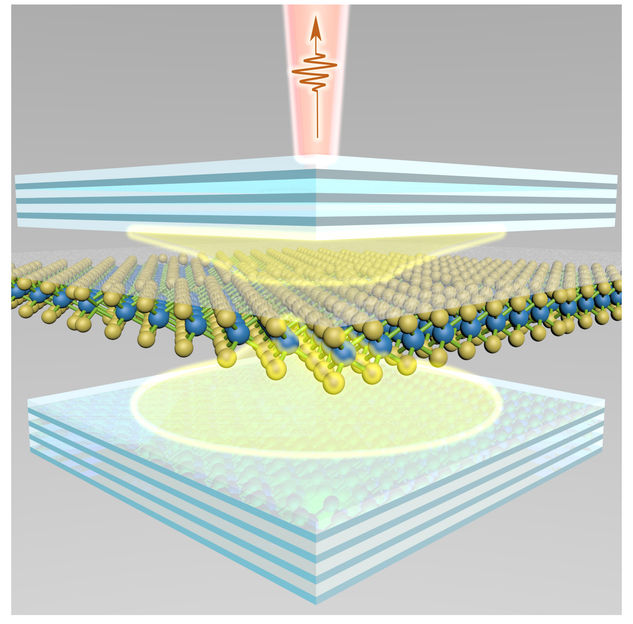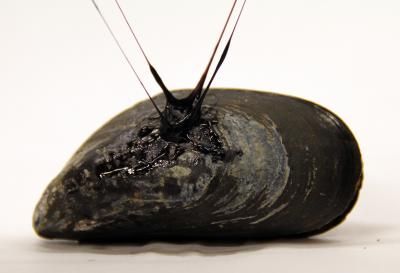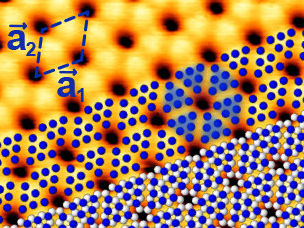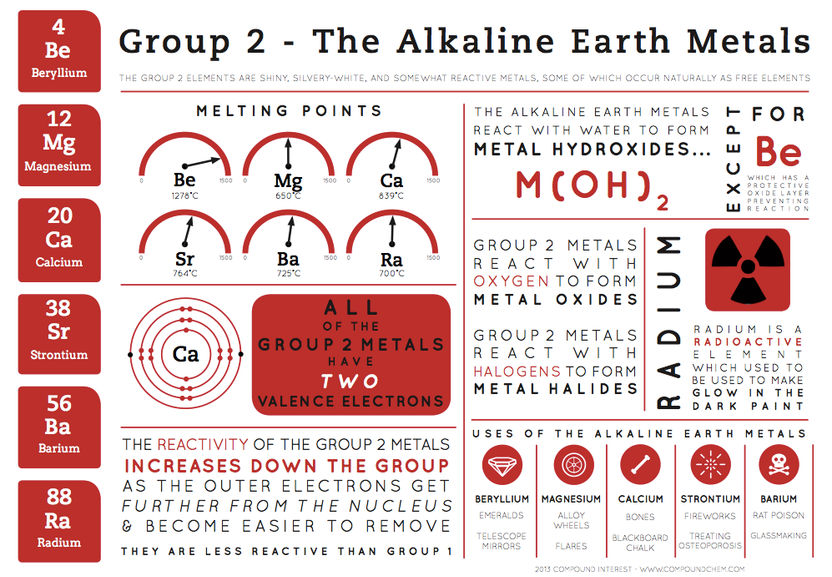BASF switches their portfolio to bio-based Ethyl Acrylate (EA)
Bio-based EA has a certified 14C-traceable content of 40% and offers a Product Carbon Footprint Reduction of 30% compared to fossil-based EA
BASF switches their production to bio-based ethyl acrylate (EA) starting Q4 2024. With a 14C-traceable bio content of 40% according to DIN EN 16640 and a low Product Carbon Footprint (PCF1), bio-based EA from BASF helps customers worldwide to reach their sustainability goals. The product offers a PCF reduction of ~30% compared to fossil-based EA. Additionally to regular bio-based EA, BASF also offers bio-based Ethyl Acrylate BMB ISCC Plus. Here, the remaining carbon content originated from fossil based acrylic acid is ISCC PLUS certified, and by applying BASF’s biomass balance (BMB2) approach, this variant offers a further reduced product carbon footprint.
BASF’s bio-based EA is produced in Ludwigshafen using bioethanol exclusively as alcohol source. The chemical and technical specifications of the new bio-based product are identical with the traditional fossil-based version. “With bio-based EA we can offer our customers a readily available drop-in solution for many applications. Ethyl Acrylate is a well-established product that will support our customers in reaching their sustainability goals. We also want to give a clear signal to the market that we drive our own sustainability transformation. From Q4 2024 onwards, we will phase out fossil-based EA and exclusively offer bio-based Ethyl Acrylate going forward,” says Dr. Reiner Geier, Senior Vice President Industrial Petrochemicals Europe.
BASF’s bio-based Ethyl Acrylate uses sustainable bioethanol predominantly from European sources with grain as a feedstock. BASF applies strict sustainability criteria for the material use of biomass. The bioethanol purchased by BASF does not compete with food production: Bioethanol is mainly produced from residues of starch production, lower quality grains or molasses, all of which are not used in food production. Grains that are neither suitable for use as food nor feed can also be used for bioethanol production.
Other news from the department manufacturing

Get the chemical industry in your inbox
By submitting this form you agree that LUMITOS AG will send you the newsletter(s) selected above by email. Your data will not be passed on to third parties. Your data will be stored and processed in accordance with our data protection regulations. LUMITOS may contact you by email for the purpose of advertising or market and opinion surveys. You can revoke your consent at any time without giving reasons to LUMITOS AG, Ernst-Augustin-Str. 2, 12489 Berlin, Germany or by e-mail at revoke@lumitos.com with effect for the future. In addition, each email contains a link to unsubscribe from the corresponding newsletter.
Most read news
More news from our other portals
Last viewed contents
Microfluidic applications centre Dolomite exceeds expectations

Ultra-thin crystals as light sources in lasers - Laser emission demonstrated at room temperature: semiconductors consisting of three atomic layers could form the basis for innovative lasers

Universal solvent no match for new self-healing sticky gel

Blue phosphorus - mapped and measured for the first time
Vitamin_O





























































